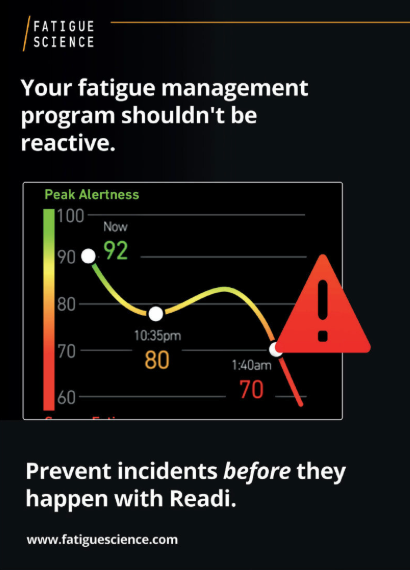A recent poll conducted by The Conference Board of Canada suggests most people would rather catch up on sleep than socialize.
The CBC reports on the survey’s findings citing that over a quarter of participants indicated that they go to work feeling tired, many of them on a daily basis. Two-thirds of the participants said, they’d pick a good night’s sleep over a fun night on the town.
The results are not surprising – Studies show that people are not getting their biologically required 7-9 hours of shut-eye a night, the effects of which can have a real impact of an individual’s on the job productivity.
Dr. Orfeu Marcello Buxton, Neuroscientist in the Division of Sleep Medicine in the Department of Medicine at Bringham and Women’s Hospital in Boston, has said that “chronic sleep deprivation has the potential to impact nearly all of our physiologic systems” and “after a night or two of insufficient sleep, sleepiness increases, and mood, concentration, memory and attention are poor with a narrowing focus.” In the US, the costs of lost worker productivity due to insufficient sleep is estimated to be $63 billion annually.
Simply put, if employees aren’t getting the sleep they need, they can’t perform their best and yet The Conference Board reports that in the last year, “only 20% of individuals had received information from their employer about the importance of sleep.” The good news is, awareness is growing and Canadian employers are beginning to take a look at the issue of lack of sleep in their workforce.
Balancing social activities alongside work is part of maintaining a healthy life, but sleep should never be sacrificed for either. Managing worker schedules and promoting sleep as part of a company health and wellness program is crucial in safety sensitive work environments, but the benefits of doing so can be realized by any industry. If the majority of your workforce would prefer to hit the hay than hit the town, perhaps it is time to consider fatigue management and education in your organization.



